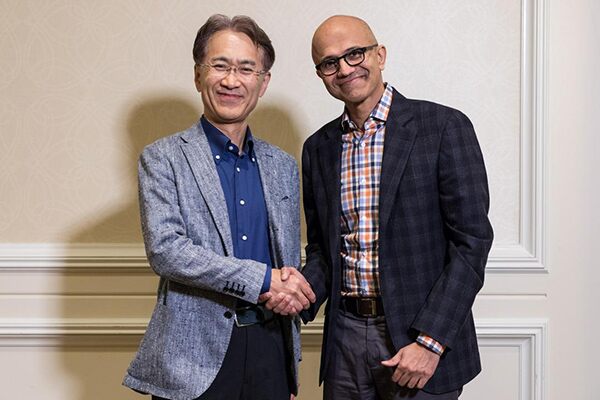As a recap, the partnership between the two giants will see them working together in building future cloud gaming and artificial intelligence (AI) solutions. Based on Microsoft’s Azure cloud platform. As for the AI part of the deal, Sony would contribute its image sensors to further improve Microsoft’s Azure AI tech. The shock to Sony’s PlayStation division is an understandable, if not obvious reaction. For nearly two decades, the Japanese console maker has contended with software company’s Xbox division in the video game console market.
Unsurprisingly, many staff members within the division were caught off-guard, with some voicing out concern for their future in the company over the new deal. For the record, Sony’s gaming division is also responsible for bringing in more than a third of the brand’s total income, which is why many feel that they should’ve been consulted first. From another point-of-view, the deal has been viewed as a necessary one, especially if Sony’s PlayStation division wishes to continue thriving. For one thing, the partnership now gives Sony access to Microsoft’s thriving Azure cloud platform; Sony spent several years trying to develop its own PlayStation Now cloud gaming platform but have had little success in getting it off the ground.
Cloud gaming is being heralded as the next step in the gaming evolution; thanks to the growing availability of ultra high-speed internet and game streaming services, gaming remotely without the need for a local machine is fast becoming a reality (e.g. NVIDIA’s GameStream, Valve’s SteamLink, etc). Google is surprisingly one such company pushing for the medium, having announced its Stadia cloud gaming service back in March. It goes without saying that both brands will still have their respective PlayStation and Xbox consoles for the market. However, only time can tell if this partnership will hold, and what sort of espionage-related issues could arise from it. (Source: Bloomberg)

